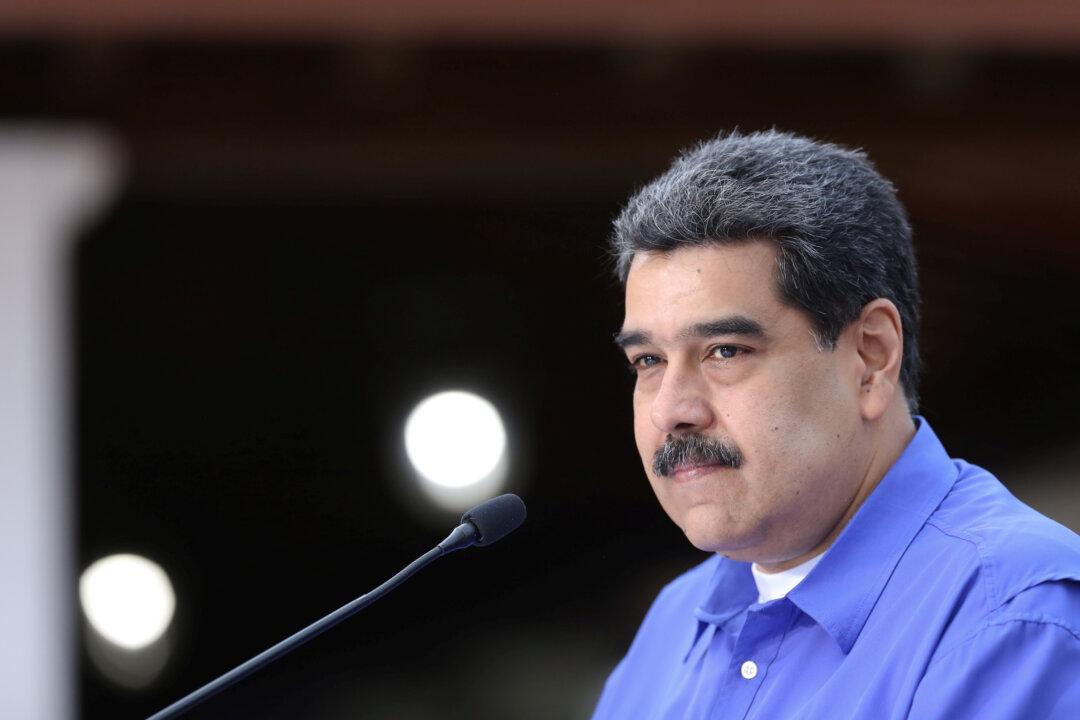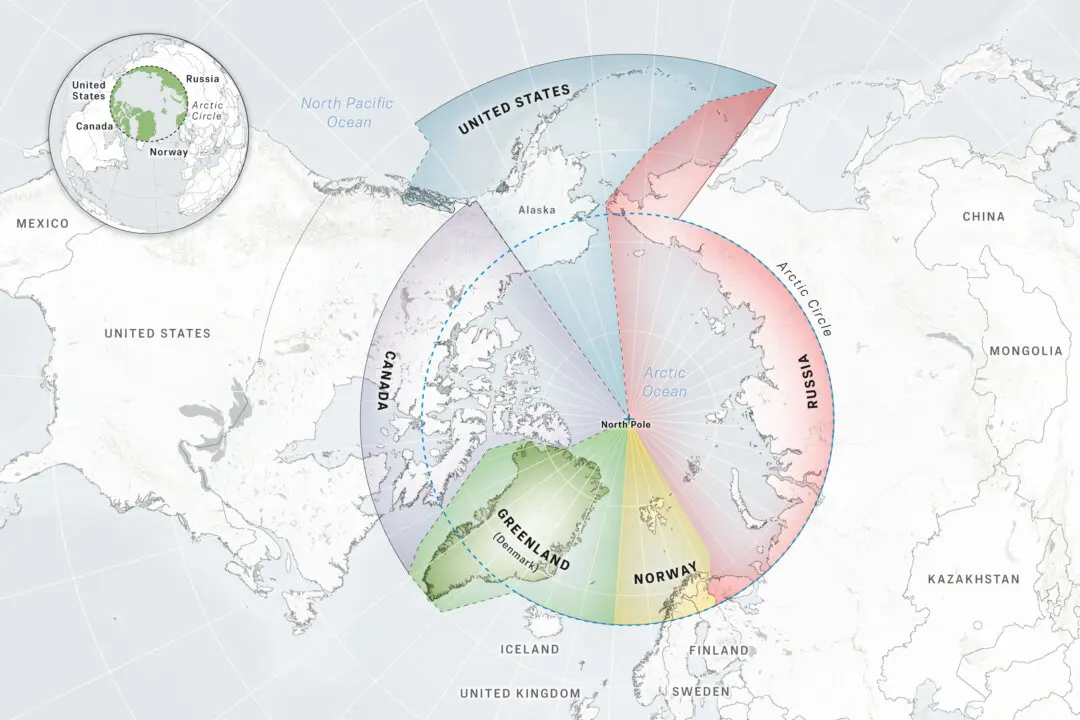The United States imposed economic sanctions on the regime of Venezuela’s President Nicolas Maduro in 2017, creating a years-long diplomatic stalemate between the countries until a high-level delegation of U.S. officials arrived on March 5 to discuss the easing of sanctions and supplemental oil resources.
At a follow-up on March 11, Venezuelan foreign minister Felix Plasencia said Maduro was willing to do business with U.S. enterprises again.





